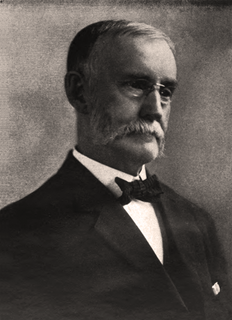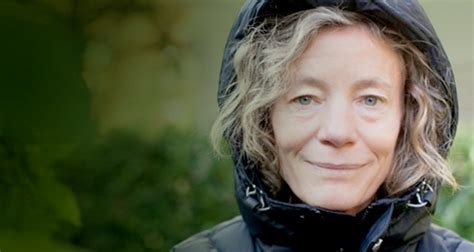A Quote by Khalil Gibran
Between the shores of the oceans and the summit of the highest mountain is a secret route that you must absolutely take before being one with the sons of the Earth.
Related Quotes
Kilimanjaro is a snow-covered mountain 19,710 feet high, and is said to be the highest mountain in Africa. Its western summit is called the Masai 'Ngaje Ngai', the House of God. Close to the western summit there is a dried and frozen carcas of a leopard. No one has explained what the leopard was seeking at that altitude.
And now that we have returned to the desultory life of the plain, let us endeavor to import a little of that mountain grandeur into it. We will remember within what walls we lie, and understand that this level life too has its summit, and why from the mountain-top the deepest valleys have a tinge of blue; that there is elevation in every hour, as no part of the earth is so low that the heavens may not be seen from, and we have only to stand on the summit of our hour to command an uninterrupted horizon.
In the mythic tradition, the Mountain is the bond between Earth and Sky. Its solitary summit reaches the sphere of eternity, and its base spreads out in manifold foothills into the world of mortals. It is the way by which man can raise himself to the divine and by which the divine can reveal itself to man.
In climbing, being first-rate is part of the whole enterprise. The important climbers want to be the first man up the mountain, the one who put up the first route. You're usually only remembered if you put up the first route on a very important climb. The route might even be named after you. That's a kind of glory.
You must know nothing before you can learn something, and be empty before you can be filled. Is not the emptiness of the bowl what makes it useful? As for laws, a parrot can repeat them word for word. Their spirit is something else again. As for governing, one must first be lowest before being highest.
I have always wanted to become a saint. Unfortunately, when I have compared myself with the saints, I have always found that there is the same difference between the saints and me as there is between a mountain whose summit is lost in the clouds and a humble grain of sand trodden underfoot by passers-by.
When the climbers in 1953 planted their flags on the highest mountain, they set them in snow over the skeletons of creatures that had lived in the warm clear ocean that India, moving north, blanked out. Possibly as much as twenty thousand feet below the seafloor, the skeletal remains had turned into rock. This one fact is a treatise in itself on the movements of the surface of the earth. If by some fiat I had to restrict all this writing to one sentence, this is the one I would choose: The summit of Mt. Everest is marine limestone.
You see, if the height of the mercury [barometer] column is less on the top of a mountain than at the foot of it (as I have many reasons for believing, although everyone who has so far written about it is of the contrary opinion), it follows that the weight of the air must be the sole cause of the phenomenon, and not that abhorrence of a vacuum, since it is obvious that at the foot of the mountain there is more air to have weight than at the summit, and we cannot possibly say that the air at the foot of the mountain has a greater aversion to empty space than at the top.






































